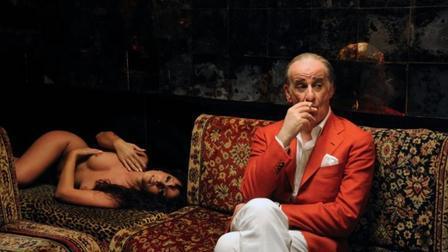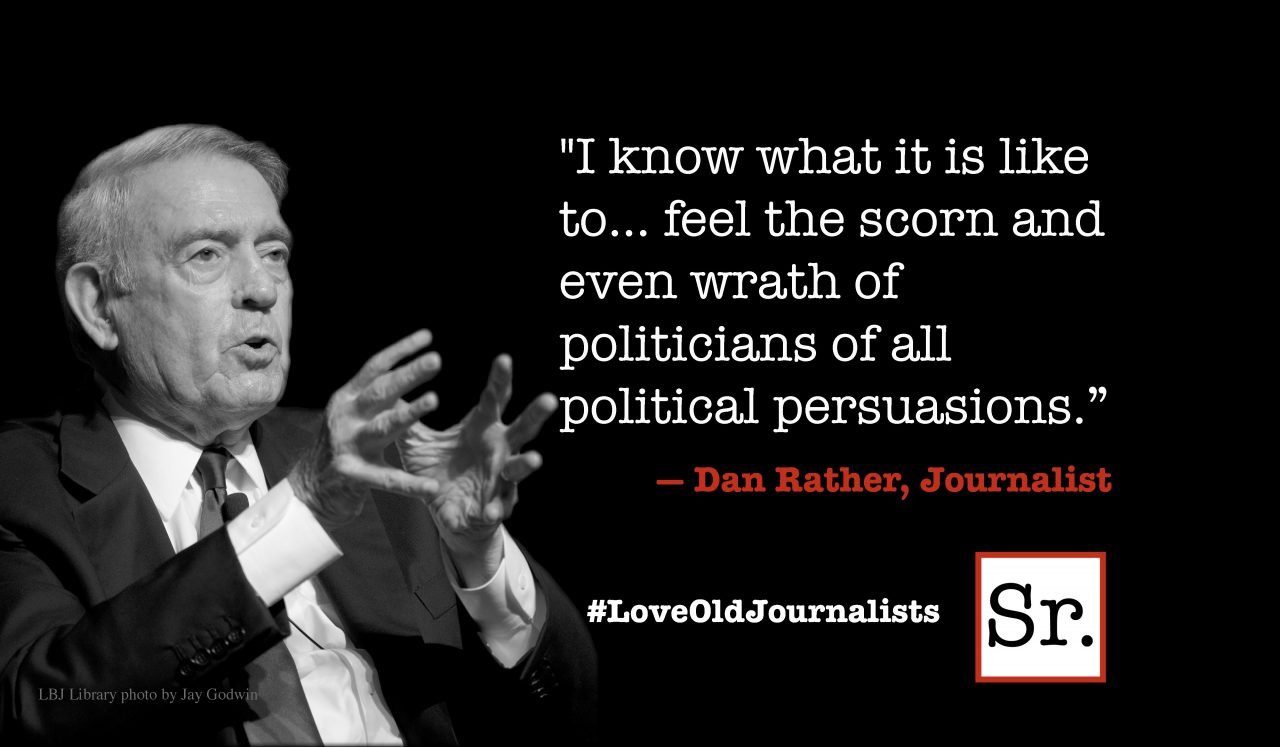It’s impossible to talk about “The Great Beauty” without bringing up Federico Fellini’s “La Dolce Vida.”
Paolo Sorrentino’s film is, if not a literal sequel to that 1960 masterwork about ennui among the jet setters, inescapably a thematic sequel. And like Fellini’s film, it takes its journalist protagonist on an episodic ride through the Roman night life they don’t feature in the tourist brochures.
The picture begins with achingly beautiful images of Rome. Cinematographer Luca Bigazzi’s camera seems to float effortlessly through a series of semi-tableaus — the effect is like a sensuous melding of moments from Lars Von Trier’s “Melancholia” and Terrence Malick’s “Tree of Life.”
Then we suddenly find ourselves plunged into an orgiastic party filled with flashing lights, throbbing techno music and swaying revelers. The man of the hour is Jep Gambardella (Toni Servillo), a man about town celebrating his 65th birthday.
Some 40 years ago Jep came to Rome after writing a promising first novel, and never followed up on the promise. Now he does celebrity interviews for a magazine. Apparently it pays well enough for him to maintain a spectacular apartment overlooking the Coliseum.
He’s a Roman down to his toenails — he never leaves the city and knows every alley, fountain, park and plaza like his own bedroom. He wanders the city in the wee hours, usually going home only with the rising sun.
Jep has dozens of well-off acquaintances (one dare not call them friends, that’s too intimate a word) and is always invited to the best parties, where his droll sardonicism is a major attraction.
Told that a rich woman he knows is now dating her personal trainer, Jep responds: “Really? It doesn’t show.”
Jep takes nothing seriously, especially himself. Getting older doesn’t unduly bother him (he’s past caring much about sex), but he’s moved and troubled when he learns that the woman he adored as a young man has died. The news is delivered by her husband of 35 years, a stranger who reveals that his wife left behind a journal thick with references to Jep as her only real love.
“The Great Beauty” follows Jep in the week following his birthday. He encounters a surreal cross section of individuals — a 40-year-old exotic dancer, the master criminal who lives next door, a magician working on an illusion in which he makes a live giraffe vanish, a wrinkled prune of a nun who looks like Mother Teresa and is being touted as the next big saint.
Jep is more observer than participant, and at this late date he’s grasping ineffectually at threads from his past, hoping to remember what it felt like to care.
“The Great Beauty” is a textbook example of an art film. It denies the audience brisk pacing, refuses to spell out its themes (we have to pick them up as things progress) and declines to pass judgment on its characters.
But it is drop dead beautiful, and in Servillo it has a leading man who seems compelling even in repose.
I’ve only seen Servillo in a couple of other films, including his turns as the corrupt Italian Prime Minister Giulio Andreotti in “Il Divo” and as a crime lord in “Gomorrah.” Those characters were about as far from Jep’s wistful world weariness as can be imagined. Clearly, this is one of the cinema’s great actors.









